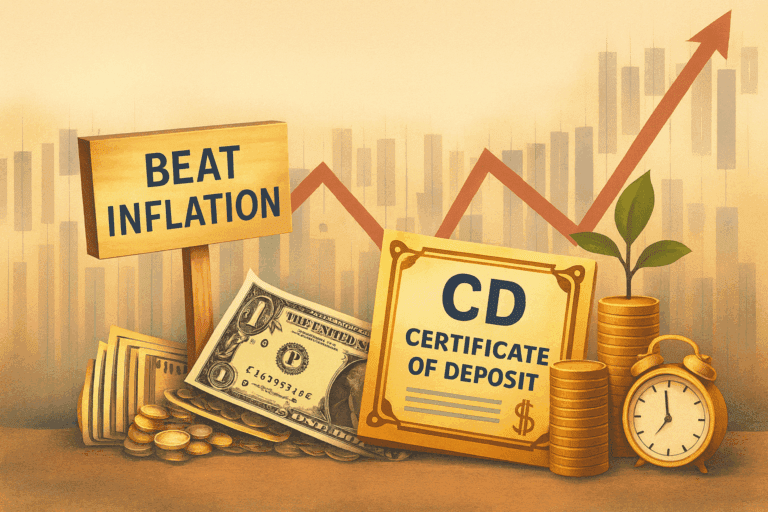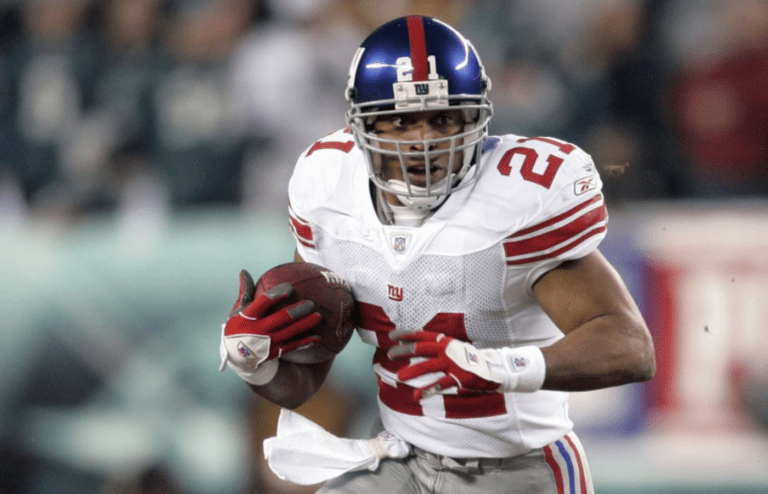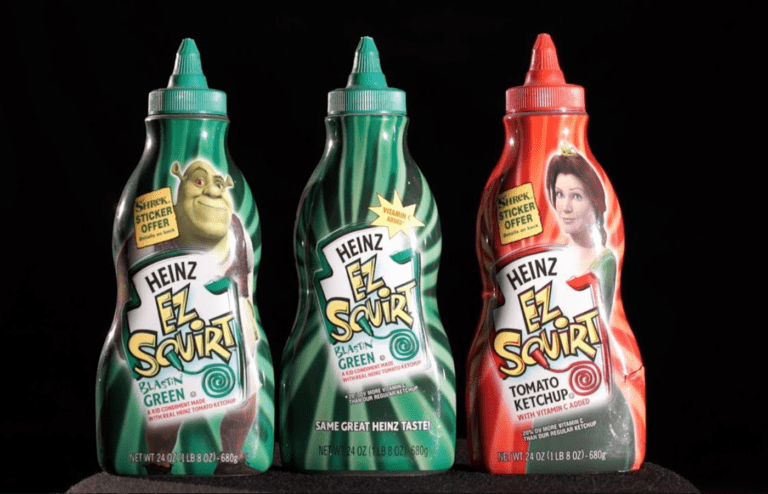The economy is getting better, or so economists are saying. Inflation is on the way down for everything but gas and food, the job market is somehow still held together despite immense pressures from the pandemic, and experts say that we’ve managed to just dodge a recession. So, why do people feel so bad about the economy?
People Are Anxious

Research shows that around 47% of Americans feel confident in their ability to make good financial decisions. Only 44% can afford to cover a $1000 emergency expense without borrowing money. Even worse, 66% of people couldn’t even cover a single month’s expenses if they lost their jobs.
Brittle Economy

This means that people are just living paycheck to paycheck. While those with financial means are thinking about ways to expand their wealth, the average American is thinking about how they’re going to afford their groceries next month. This speaks to a fundamental brittleness in the US economy. It’s working, sure, but if everyone missed a month of work the economy would literally grind to a halt.
Why People Say They Can’t Be Confident

The majority of Americans blame inflation for their inability to save, while 45% say interest rates going up makes it tougher on them. The Federal Reserve says inflation is cooling off, though, and they’ll be dropping interest rates soon. Still, people feel like something is fundamentally off with the economy.
Perception and Reality
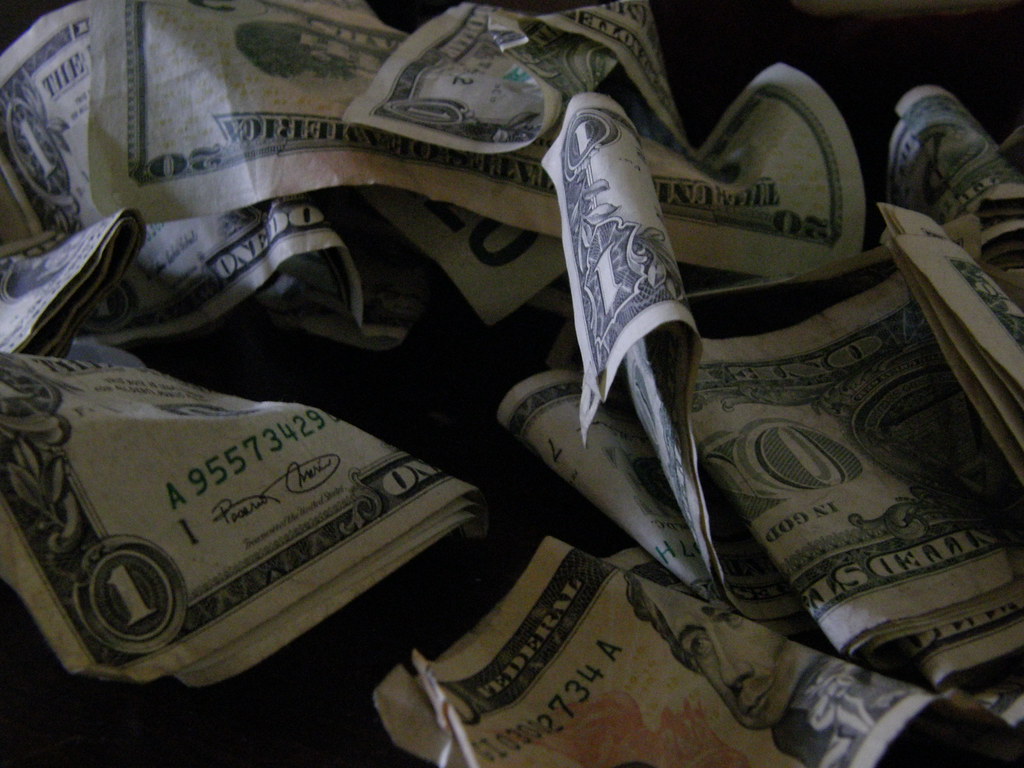
This feeling has been described as the “vibecession” since the end of the COVID pandemic. People have this sluggish feeling that something just isn’t right, and it’s been tough for economists to convince people that things are actually fine. Perhaps it’s cultural skittishness from how unprecedented the lockdowns were. Or perhaps it speaks to a fundamental flaw in the way economists take the economy’s temperature.
Core Inflation
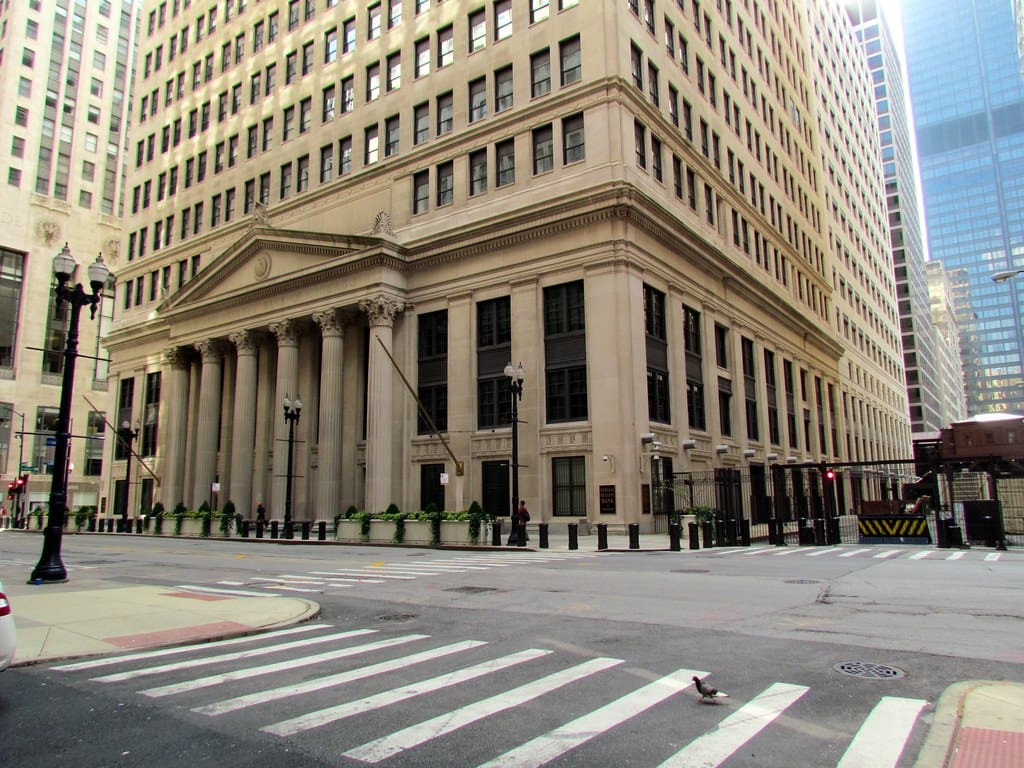
The Federal Reserve prefers to use core inflation as a measure of the economy, which excludes volatile energy and food prices. However, the average American feels those costs profoundly, and they color their impressions of the economy. Rising grocery bills and a weaker-than-usual job market are making people feel very iffy about the economy, even if inflation is broadly getting better and corporations are posting all-time great profits.
Who is Benefitting?
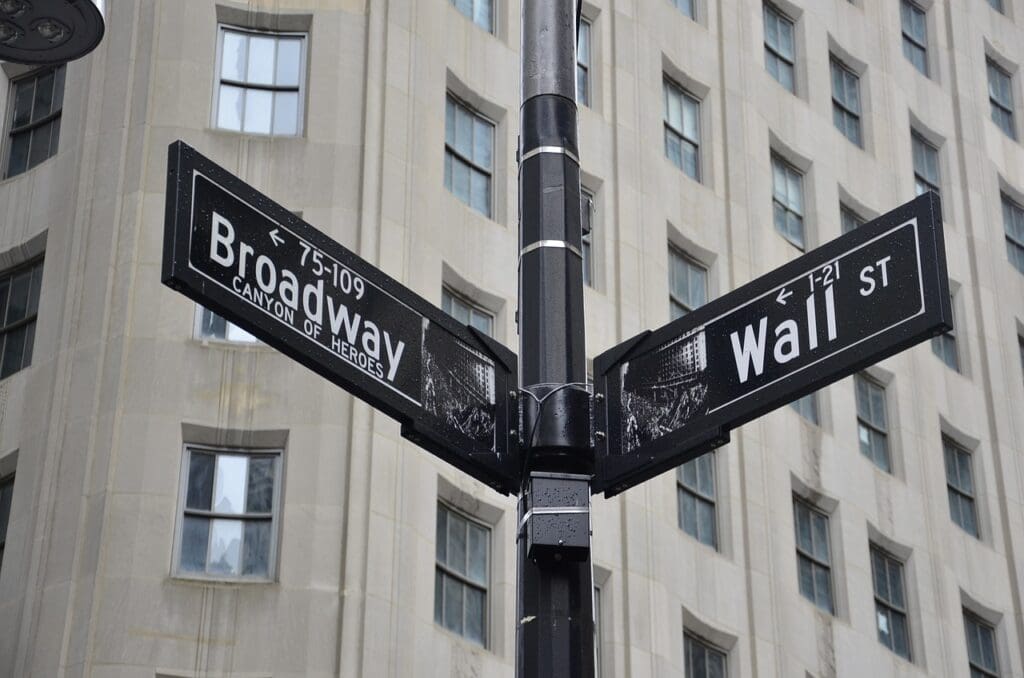
At a certain point, people begin to question just who is benefiting from the current economic climate. If companies are posting incredible profits on their quarterly earnings reports but the average person is struggling to afford food, that indicates to the average person that the economy hasn’t been set up to benefit them.
Who Cares, Right?

But who really cares if the average person can’t live comfortably, right? Well, here’s the thing. People who aren’t confident in the economy will just stop spending money. If people feel so squeezed by their bills that they can’t make ends meet, they’ll just cut their discretionary spending. That’s very bad for the economy and could cause a recession in a hurry.
Something’s Gotta Give
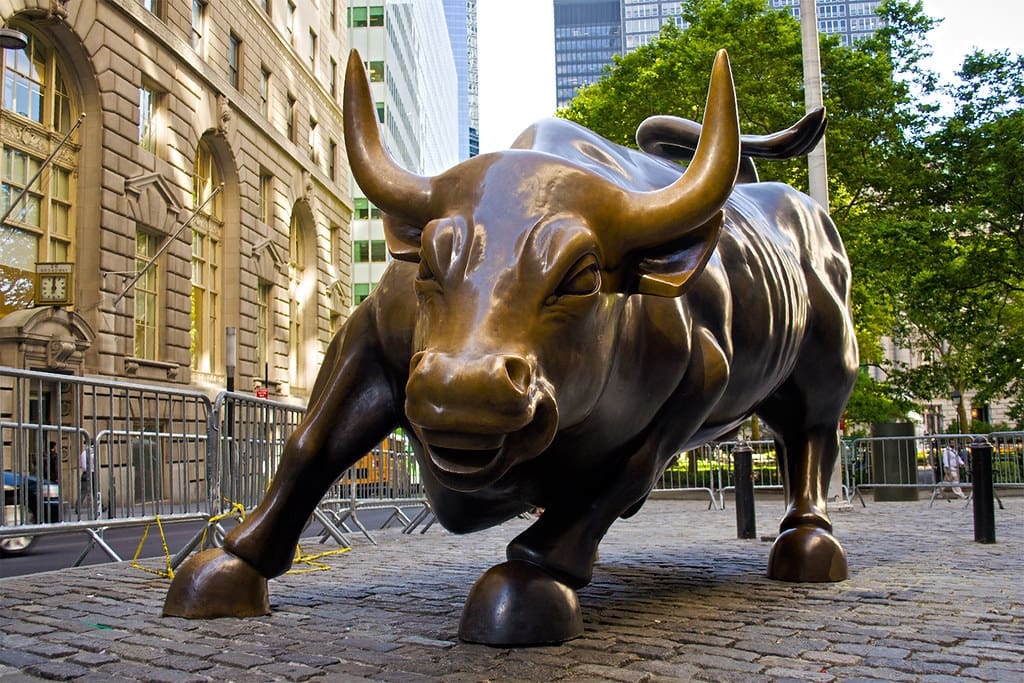
The working class is getting pretty fed up with hearing about soaring corporate profits, huge bonuses for executives, and rising prices. Eventually, people start to demand better. Already, some companies have been experiencing weaker sales and have been quick to back off inflated prices in favor of courting customers back.
Read More: Why We Keep Talking About Recession but Not Seeing One
When Does Pay Go Up, Too?
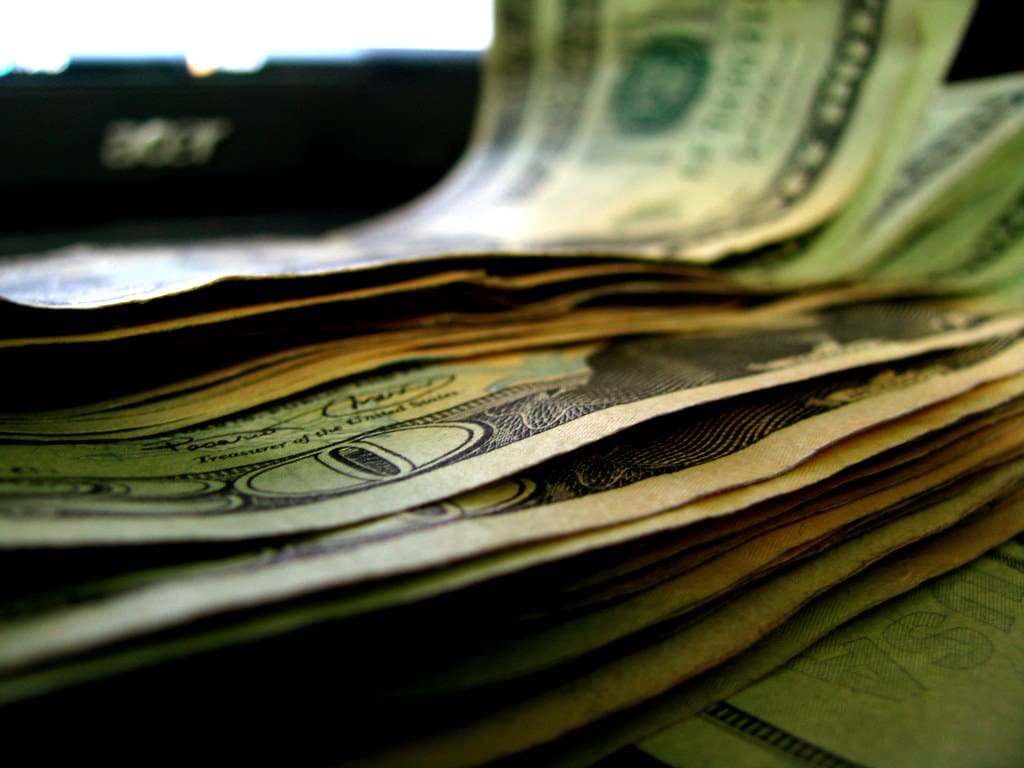
Another pressing question for working people has been when they’ll see those record corporate profits reflected in their paychecks. A surefire way for the economy to bounce back from a rough patch would be for average pay to meet inflation, right? So far, this has been a somewhat unpopular tactic, despite research showing that a well-paid workforce is more productive.
Read More: Inflation Looks Like It’s Finally Under Control (Sort Of)
Ending the “Vibecession”

What can the Fed do to help ease the “vibecession”? Well, that’s not clear. If economists knew how to better communicate the healthy state of the economy, they would. Now, it’s beginning to look like there are two equally true stories about the economy. It’s great for the investor class, but things are still looking tough for the average American.
Read More: Are Interest Rate Cuts Good for the Economy?


